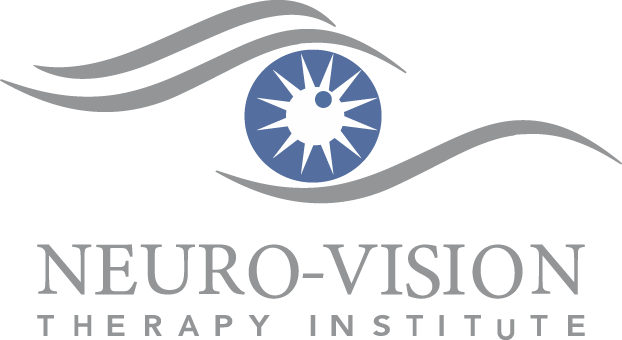What are Prism Glasses?
While a plus or minus prescription corrects for clarity and acuity, prism shifts space over one or both eyes to alleviate symptoms. It is often used in conjunction with a traditional plus or minus prescription that corrects for nearsightedness or farsightedness. Prism is used to alleviate double vision due to binocular vision disorders, visual field defects, and visuospatial difficulties. Prism is most commonly prescribed for visual deficits that result in double vision, strained vision, or blurred vision as a result of eye misalignment at near or far. Eye misalignments can occur after a head injury, as a result of convergence or near-work difficulty, or due to strabismus (eye-turn).
When Should Prism Glasses Be Prescribed?
Prism may be prescribed by any optometrist or ophthalmologist, but neuro optometrists who specialize in binocular vision deficits typically have more experience with the benefits and limitations of prism prescription. Our doctors views compensatory prism as a short-term treatment that does not typically treat the underlying cause of a visual dysfunction. Compensatory prism does not actually change what the eyes are doing or how they are positioned, rather compensatory prism adjusts the visual space and the environment to match the patient’s current visual system. Therefore, the prism is used as a “crutch” because the brain has difficulty holding the eyes in alignment. It is important to note that doctors prescribe prism differently and understanding how and why prism may be prescribed is very important.
What is Micro-Prism?
Micro-prism is a term used to describe the utilization of small amounts of prism in glasses. The amount of prism utilized is measured in diopters. Typically, any amount of prism that is measured at less than 1 or 2 diopters can be considered micro-prism. When micro-prism is prescribed by an experienced neuro-optometrist, they often take the “less is more” approach. Patients may experience significant visual relief and benefit from a small amount of prism, which can also have the benefit of being easy for patients to adapt to, as well as adapt out of once the underlying binocular deficit has been treated.
If you believe you are a candidate for prism glasses, a Neuro-Vision Evaluation conducted by a Neuro Optometrist is the only means of getting a clear and accurate prescription. We encourage you to contact us today to let us answer any questions you may have and help you schedule an appointment.

